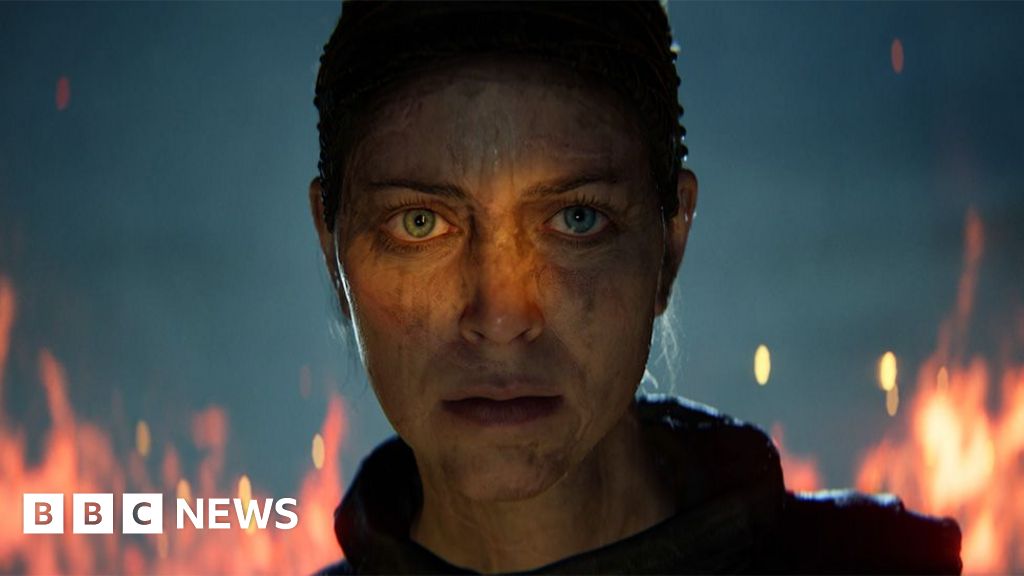Unlock the Editor’s Digest for free
Roula Khalaf, Editor of the FT, selects her favourite stories in this weekly newsletter.
The helicopter carrying Iranian President Ebrahim Raisi crashed on Sunday in the country’s north-west, according to Iranian officials who did not provide details of his condition.
Local media reported that the helicopter, which also carried Iran’s foreign minister Hossein Amirabdollahian, went missing due to bad weather and thick fog in the region. There were contradictory reports on whether the crash site had been located, while rescue teams were on their way.
Iran’s interior minister Ahmad Vahidi said the president’s helicopter had a “hard landing”.
Raisi and his entourage were on a day trip to the country’s northern neighbour, Azerbaijan, to inaugurate a dam with the Azeri president. The accident occurred on his way back home.
“Rescue teams have been dispatched to the area, but given the foggy and unsuitable conditions of the region, it may take some time to reach the helicopter,” Vahidi said. The area was “complex and communication is somewhat difficult”, he added.
Further information would be provided when rescue teams reached the accident site, he said.
“The Red Crescent rescue forces and additional military and law enforcement units have launched a wide-ranging operation to find the president’s helicopter since the report of the accident,” said Tasnim news agency, which is close to the Revolutionary Guards.
The agency added that some members of the president’s entourage who were in the same helicopter managed to make contact, raising hopes that the incident might result in minimal casualties.
“In this convoy, there were three helicopters, two of which, carrying some ministers and officials, have safely reached their destination,” it said.
Raisi was elected in 2021 in a vote with a record low turnout in the country’s history. He is expected to seek re-election next year, and his name has emerged in political circles as a top candidate to succeed 85-year-old Ali Khamenei, Iran’s supreme leader.
The president has shown unconditional loyalty to the ayatollah and maintained close relations with the Revolutionary Guards.
After decades of tense relations between Iran’s presidents and the supreme leader over the extent of their powers, Raisi has been the first to end these tensions. Should he be incapacitated, first vice-president Mohammad Mokhber will take over his duties.
This is a developing story . . .

Emily Foster is a globe-trotting journalist based in the UK. Her articles offer readers a global perspective on international events, exploring complex geopolitical issues and providing a nuanced view of the world’s most pressing challenges.







